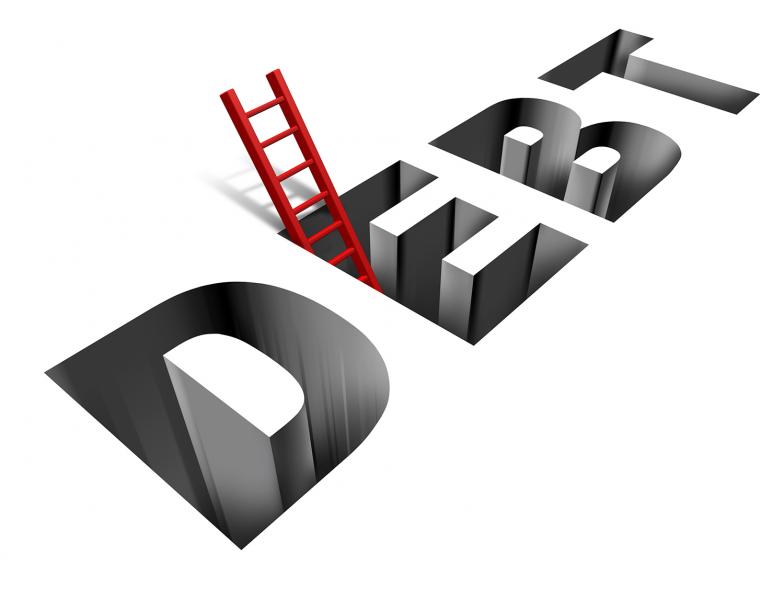
Paying off a major debt produces a sense of relief. You can celebrate a financial milestone; you can “pay yourself first” to a greater degree and direct more money toward your dreams and financial future rather than your creditors.
Once you get out of excessive consumer debt, the last thing you want to do is fall back in. What steps can you take to reduce that possibility, and what missteps should you avoid making?
Save money. So often, an unexpected event can put you in debt: an auto breakdown, a job loss, a trip to the emergency room or a hospital stay. Earmarking $50 or $100 each month (or even $20) for an emergency fund will create a pool of money that can help with the financial impact of such crises. Every dollar saved for these events is a dollar you won’t have to borrow through a credit card or a personal loan at burdensome interest rates.
Budget. Think about a 50/30/20 household budget: assign half of your income for essentials like housing payments and food, 30% to discretionary p ...



